Communicating Research
FMC Cross-Departmental Seminar Series 2015-16
The Faculty of Media and Communication at BU
Venue: W240, Weymouth House, Talbot Campus, Bournemouth University, Fern Barrow, Poole, Dorset, BH12 5BB
Wednesday 27 April 2016, 3pm, W240
A Journalism Research Group Guest Lecture
Paul Bradshaw, Birmingham City University
Chilling Effect: Regional Journalists’ Source Protection and Information Security Practice in the Wake of the Snowden & RIPA Revelations
Two years after Edward Snowden revealed widespread interception of communications by the UK government, and 12 months after revelations that police were accessing journalists’ communications data to identify sources, this paper finds that regional journalistic practices, ethics and self-understandings have been largely unaffected by the emergence of surveillance society.
Based on face-to-face surveys of over 75 regional journalists at a number of publications within five newspaper groups in the UK, 10 in-depth interviews, and analysis of policy documents, journalists show few signs of adapting source protection and information security practices to reflect new legal and technological threats, and there is widespread ignorance of what their employers are doing to protect networked systems of production.
The paper argues that the ‘reactive’ approach to source protection, that seeks to build a legal defence if required, is a particular challenge for journalists in protecting their sources and data, and there is a significant need to reflect on these challenges. Specifically it argues these approaches are no longer adequate in the context of workforce monitoring, and that publishers need to update their policies and practice to address ongoing change in the environment for journalists and sources. In the process it also highlights security issues for researchers seeking to protect their own sources in researching surveillance and security practices in journalism.
Wednesday 27 April 2016, 4pm, W240
A Narrative Research Group Guest Lecture
Martin Barker, Aberystwyth University
Catching Dragons in Flight”: Tracking the Changing Place of ‘Fantasy’ in Contemporary Culture
In the last twenty years, huge changes have occurred in the way ‘fantasy’ is made, received and understood, particularly (but not only) within European and American societies. From being simply dismissed as infantile, or traduced as a mark of disturbance, fantasy has moved to take on strong political overtones: witness the adoption of masks from V For Vendetta by the ‘Occupy’ movement, the adoption of Avatar’s blue colouring by environmental protestors, and the banning in Thailand of the three-finger salute from The Hunger Games after its adoption by protest movements. But equally, witness the waves of unease greeting the success among women of Fifty Shades of Grey. By happenstance I took on studying fantasy’s audiences in two enormous international projects, just as this change crystallised with Peter Jackson’s film trilogies of The Lord of the Rings, and then of The Hobbit. In this presentation, I will try to throw some general light on the changes that are taking place, and what light in particular audience research can throw on what is happening.
Martin Barker is Emeritus Professor at Aberystwyth University. Across a long research career, he has explored a wide range of issues and topics, including: contemporary British racism; comic books; media controversies, and scares about ‘violence’; a range of films, from The Last of the Mohicans, to Crash, to Judge Dredd, to the cycle of Iraq War films. In the last 25 years, he has focused in particular on film audiences, and how to study them. In 2006 he was contracted by the British Board of Film Classification to research audience responses to screened sexual violence. In 2003, and again in 2014, he led international audience research projects into responses to the film trilogies of The Lord of the Rings, and The Hobbit.
About the series
This new seminar series showcases current research across different disciplines and approaches within the Faculty of Media and Communication at BU. The research seminars include invited speakers in the fields of journalism, politics, narrative studies, media, communication and marketing studies. The aim is to celebrate the diversity of research across departments in the faculty and also generate dialogue and discussion between those areas of research.
Contributions include speakers on behalf of
The Centre for Politics and Media Research
The Centre for the Study of Journalism, Culture and Community
Promotional Cultures & Communication Centre
Public Relations Research Centre
Narrative Research Group
Journalism Research Group
Advances in Media Management Research Group

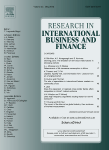 Dr. Khurshid Djalilov and Professor Jenny Piesse recently published with the Research in International Business and Finance on ‘Determinants of bank profitability in transition countries: What matters most?’.
Dr. Khurshid Djalilov and Professor Jenny Piesse recently published with the Research in International Business and Finance on ‘Determinants of bank profitability in transition countries: What matters most?’. The Research Councils have informed us that they will be upgrading their electronic grants submission service in 2017. The Je-S system has come to a natural end and they plan to design a smarter, simpler more user friendly service in line with the latest digital standards. Work is already underway to design the new awards service. This work is based on extensive user research and BU will nominate a primary coordinator (from RKEO) to engage with RCUK about this project.
The Research Councils have informed us that they will be upgrading their electronic grants submission service in 2017. The Je-S system has come to a natural end and they plan to design a smarter, simpler more user friendly service in line with the latest digital standards. Work is already underway to design the new awards service. This work is based on extensive user research and BU will nominate a primary coordinator (from RKEO) to engage with RCUK about this project.
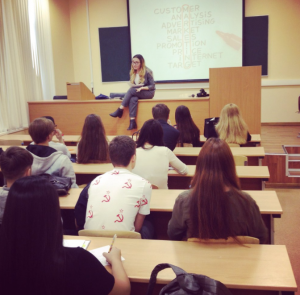
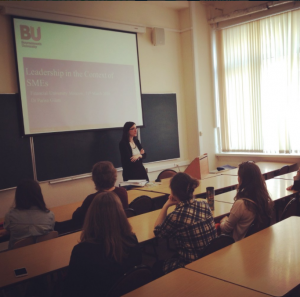



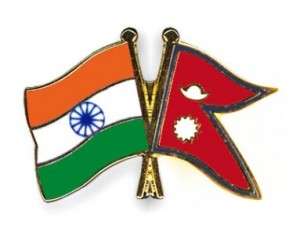

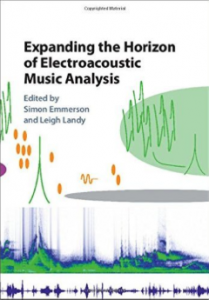
 Sascha Dov Bachmann, Associate Professor in International Law, FMC, has been made Extraordinary Visiting Professor (AP) in War Studies at the Swedish Defence University (FHS). This appointment recognizes his contribution to the work of the
Sascha Dov Bachmann, Associate Professor in International Law, FMC, has been made Extraordinary Visiting Professor (AP) in War Studies at the Swedish Defence University (FHS). This appointment recognizes his contribution to the work of the 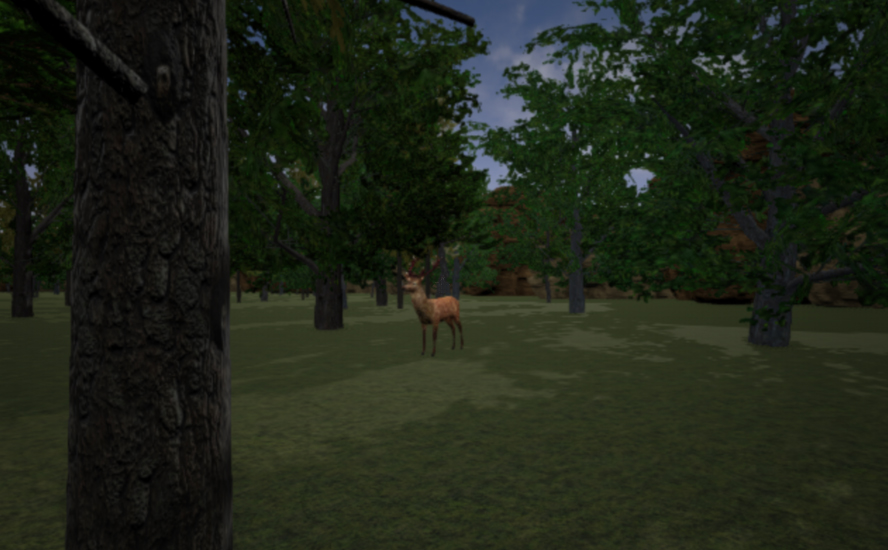











 Dr. Ashraf cited on ‘Modest Fashion’ in The Guardian
Dr. Ashraf cited on ‘Modest Fashion’ in The Guardian NIHR-funded research launches website
NIHR-funded research launches website Academics write for newspaper in Nepal
Academics write for newspaper in Nepal New paper published on disability in women & girls
New paper published on disability in women & girls Global Consortium for Public Health Research 2025
Global Consortium for Public Health Research 2025 MSCA Postdoctoral Fellowships 2025 Call
MSCA Postdoctoral Fellowships 2025 Call ERC Advanced Grant 2025 Webinar
ERC Advanced Grant 2025 Webinar Horizon Europe Work Programme 2025 Published
Horizon Europe Work Programme 2025 Published Horizon Europe 2025 Work Programme pre-Published
Horizon Europe 2025 Work Programme pre-Published Update on UKRO services
Update on UKRO services European research project exploring use of ‘virtual twins’ to better manage metabolic associated fatty liver disease
European research project exploring use of ‘virtual twins’ to better manage metabolic associated fatty liver disease